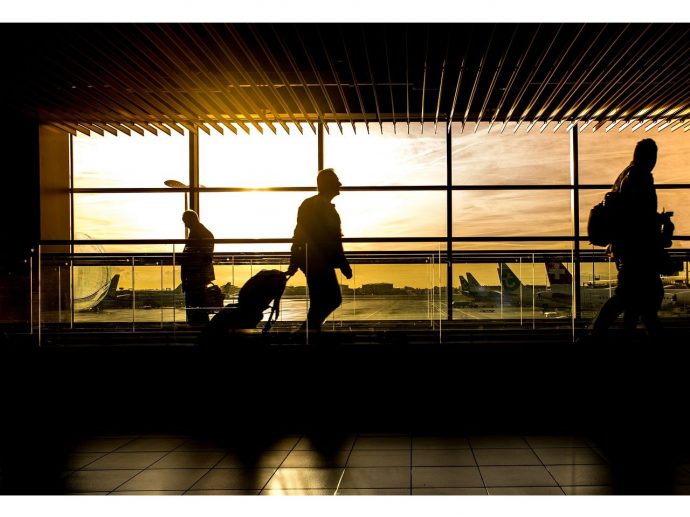Categories more
- Adventures (17)
- Arts / Collectables (15)
- Automotive (37)
- Aviation (11)
- Bath, Body, & Health (77)
- Children (6)
- Cigars / Spirits (32)
- Cuisine (16)
- Design/Architecture (22)
- Electronics (13)
- Entertainment (4)
- Event Planning (5)
- Fashion (46)
- Finance (9)
- Gifts / Misc (6)
- Home Decor (45)
- Jewelry (41)
- Pets (3)
- Philanthropy (1)
- Real Estate (16)
- Services (23)
- Sports / Golf (14)
- Vacation / Travel (60)
- Watches / Pens (15)
- Wines / Vines (24)
- Yachting / Boating (17)
The Impact of Location on Airport Parking Prices: What You Need to Know
Published
11/18/2024Travelling can be a stressful experience without the added complication of finding affordable parking at airports. One of the primary factors influencing airport parking prices is undoubtedly the location of the airport itself. Whether you're jetting off for business or pleasure, understanding how location impacts parking costs can help you navigate your options more effectively.
Proximity to Major Urban Areas
One of the most significant factors impacting airport parking prices is the airport's proximity to major urban areas. Airports located close to city centres often face higher demand due to their accessibility and convenience for travellers. Consequently, this high demand leads to increased parking fees. For instance, airports such as London Heathrow and Manchester International face some of the highest parking charges in the UK. These hubs not only serve domestic flights but also act as gateways to international destinations, further increasing demand for parking spaces.
Land Availability and Usage
Land availability also plays a crucial role in determining parking fees. Airports positioned in densely populated or developed areas tend to have limited available space for parking facilities. This scarcity of land makes developing parking infrastructure expensive, and these costs are often passed on to the consumer. Moreover, planning permissions and zoning laws in urban environments can restrict the expansion of airport parking facilities, further exacerbating the issue.
Competitive Alternatives and Choices
In regions where numerous airports are within close distance of each other, competition can impact pricing strategies. Airports may reduce parking fees to entice travellers away from neighbouring hubs. This competitive landscape is more prominently observed in regions with multiple airports serving overlapping routes, such as London, with its numerous airport options like Gatwick, Stansted, and Luton. The availability of alternative transportation modes, such as public transport and ride-sharing services, can also influence how airports price their parking services.
Influence of Infrastructure and Services
The quality of infrastructure and additional services offered at airport parking facilities can also justify variations in pricing. Covered parking, valet services, security features, and fast-track facilities are premium services that can elevate the cost of parking. Airports situated in well-connected locations with extensive amenities may charge more due to the convenience and comfort they offer. Travellers are often willing to pay a higher fee, especially for secure parking options when heading off on long trips.
Seasonal and Temporal Variations
Apart from fixed factors like location, temporal elements such as peak seasons, holidays, and weekends can also affect parking prices. Airports located in tourist hotspots or those that handle seasonal travel peaks often see fluctuating prices. During school holidays, for instance, demand usually surges, leading to increased costs. Some airports address this through dynamic pricing models, adjusting costs in response to real-time demand, similar to airline ticket pricing.
Conclusion
In conclusion, the location of an airport plays a pivotal role in determining parking prices. Elements like urban proximity, land availability, competition among airports, infrastructure quality, and seasonal demand all contribute to the pricing equation. By understanding these factors, travellers can make more informed decisions about where to park, balancing convenience, cost, and security. Being savvy about airport parking decisions not only eases the travel experience but can also result in significant cost savings, especially for frequent flyers or those on a budget.
Of course, if you want to avoid airport parking prices altogether, you could opt for something like a car service Washington DC, or wherever you are. That way, not only will you have to worry about c complicated parking costs, but you can be taken directly from your home or hotel to the airport in style and comfort, and it’s much more affordable than you might think, too.















